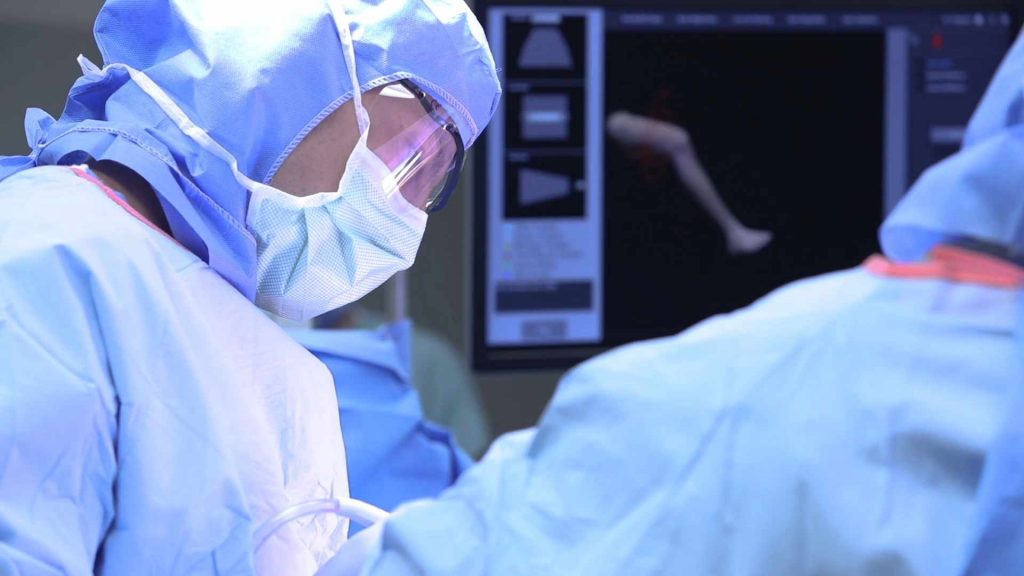As people age, their joints change. Sometimes, this can lead to arthritis, causing pain in areas like the knees and hips. Dr. Rafael Sierra, a Mayo Clinic orthopedic surgeon, says arthritis and joint replacements are not inevitable. However, conditions like birth defects and structural issues can increase the risk of hip or knee problems that may result in the need for replacement.
Journalists: Broadcast-quality video (0:59) is in the downloads at the end of this post. Please courtesy: "Mayo Clinic News Network." Read the script.
Dr. Sierra wants to set the record straight about aging and joint replacements.
"The perception out there is that everybody's going to need a hip replacement down the road, whether it's knee or hip, everybody's going to need some form of replacement. That's not necessarily true," he says.
He says it's not aging but anatomy that will predispose people to knee or hip replacements down the road.
"This is a perfect example. This a patient that had a slip when they were very young. See, there's an abnormal shape to the femur. And this abnormal shape will cause damage of this affected bone into the socket that would lead to hip arthritis," says Dr. Sierra.
Joint replacements today are more successful than ever — thanks to precision robotic surgery.

"And today, with navigation systems, robotic systems, precision is what is now achievable in almost every patient," Dr. Sierra says.
Related stories:
- Mayo Clinic expert offers tips on how to keep joints healthy as you age
- Mayo Clinic Q and A: Proper posture and body alignment
Related Articles







